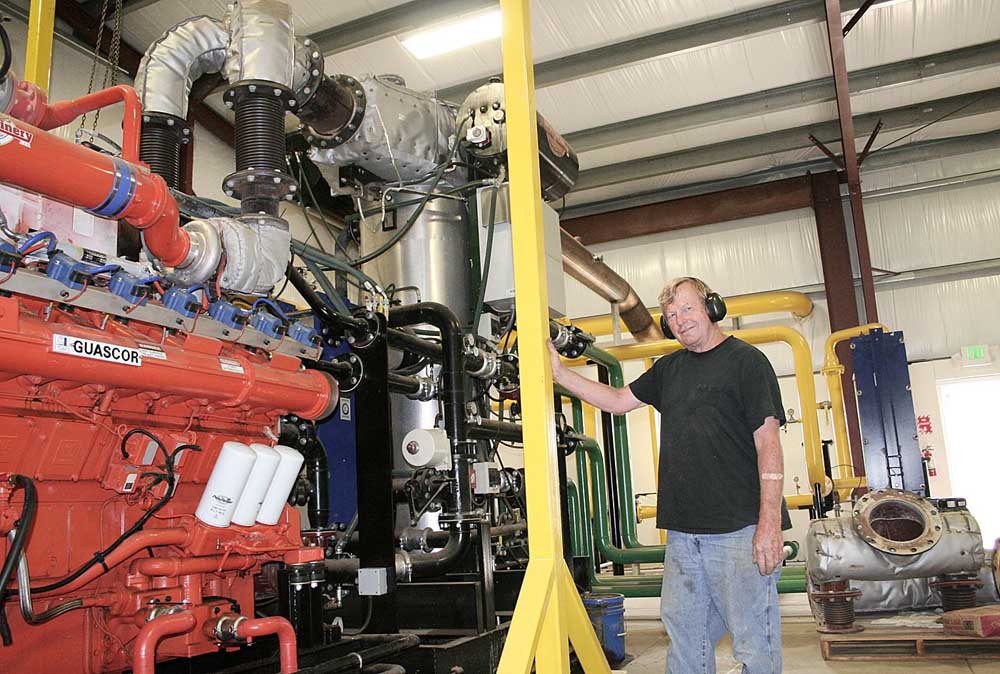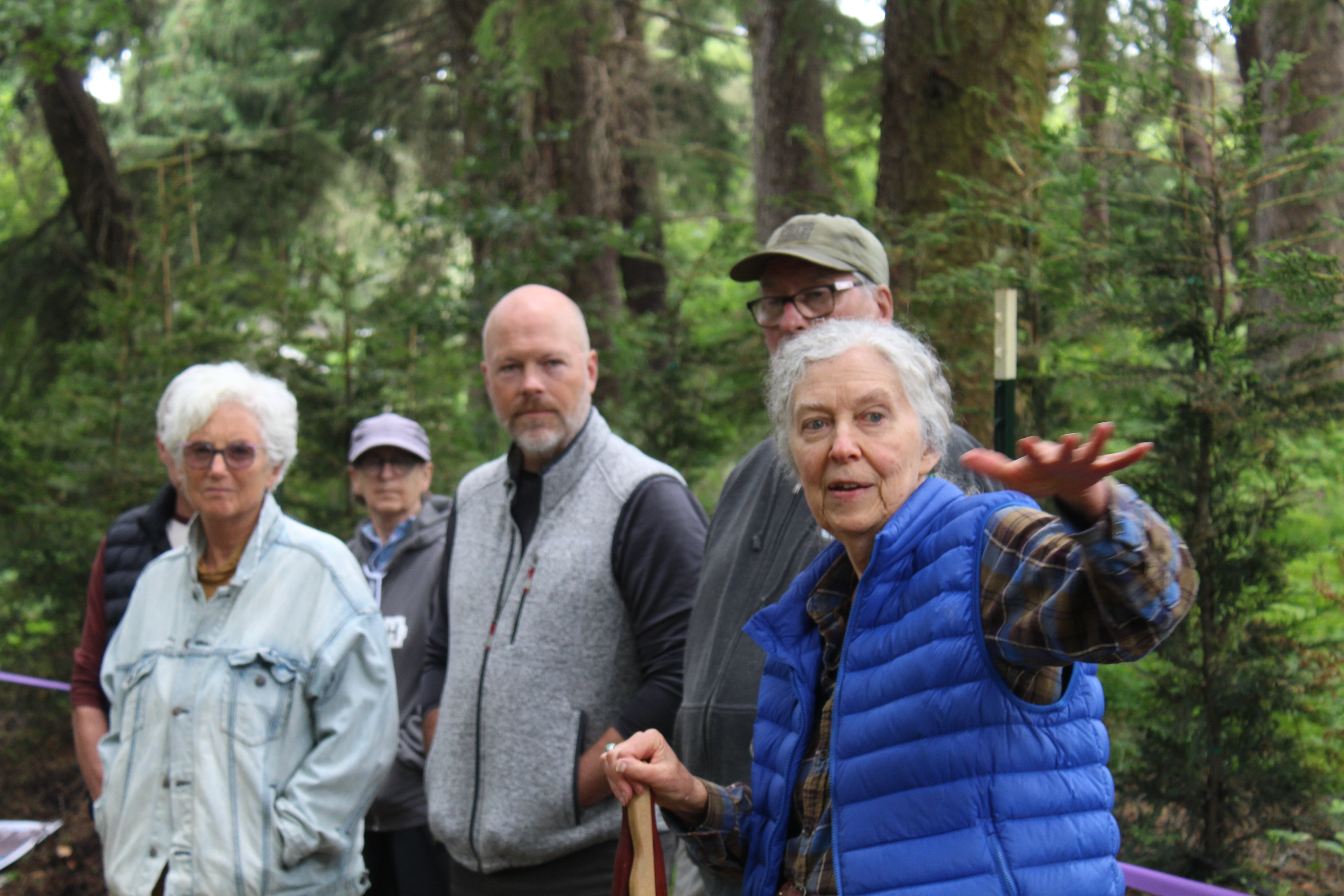State wants to reduce tax credit for biomass digesters
Published 11:14 am Tuesday, November 25, 2014

- Mateusz Perkowski/EO Media Group Steve Smith, a technician for Farm Power Northwest, gives a tour of one of the company's anaerobic digesters in Tillamook, Ore., which burns methane from cow manure to generate enough electricity to power 400 homes a year. Oregon wants to scale back the tax incentives for facilities that generate power from manure.
SALEM — Oregon wants to scale back the tax incentives that currently go to more than half a dozen projects across the state that generate power from manure.
Trending
The Oregon Department of Energy included the change in a proposed bill it hopes lawmakers will take up in the 2015 legislative session to extend the biomass energy tax credit program that also covers wood scraps and other fuels.
Matt Krumenauer, a senior policy analyst at the agency, said the original goal was for this particular tax credit to offset the cost to collect and transport biomass fuels, and research revealed that these costs were lower for manure biomass.
Biomass is a catchall term for a wide range of materials, from wood scraps to food waste and manure, that can be used as fuel to generate electricity and heat. Companies often transport wood biomass over long distances, from forests to power plants. But methane digesters that use manure are typically right next to farms and dairies.
Trending
Nonetheless, the proposal caused concern for the owners of at least one methane digester company that received the biomass collector tax credits. Farm Power Northwest operates two methane digesters with manure from dairies in Tillamook County. Company president Kevin Maas said it would be unfair for the state to change the tax credit before its current expiration date at the end of 2017.
“All these projects planned on the biomass tax credit, in addition to other incentives,” Maas said. “We feel this is not the way to respond to a successful program, to cut it just as we’re getting going.”
Manure accounted for an increasing large share of the state’s spending on biomass collector tax credits, up from 8 percent of total biomass tax credits at approximately $460,000 in 2010, to 59 percent of biomass tax credits at $3.3 million in 2013, according to a state document. The state spent a total of $4.8 million on biomass collector tax credits in 2013.
Oregon’s existing biomass tax credit program expires at the end of 2017, and the bill proposed by the Oregon Department of Energy would extend it through 2021. State lawmakers first authorized biomass tax credits in 2007.
Lawmakers already extended the program once in 2011 and at that point, they reduced tax credits for collectors of wood biomass.
Krumenauer said there are eight methane digesters in Oregon that primarily use animal manure, and two that use mostly municipal food waste. Post-consumer food waste is not currently eligible for biomass collector tax credits, something that would change under the proposed legislation.
In Tillamook County, the two Farm Power Northwest digesters take manure from 500 cows at five nearby farms, and together generate enough power for approximately 1,000 homes, Maas said. Farm Power Northwest also produces animal bedding as a byproduct of the process.
Farm Power Northwest pays Oregon dairies for the manure, something the company does not do at its three digester facilities in Washington because the state does not have the same type of tax credits.
Maas said if lawmakers pass a bill with the proposed tax credit changes, Farm Power Northwest would likely figure out a way to continue operating but it might force the company to break some of the covenants in its loan agreements.
“We would have some very long, hard conversations with our bankers,” Maas said.
According to the Department of Energy, Farm Power Northwest received approximately $1 million in tax credits to offset capital costs for each of the digesters it built, and Maas said the company borrowed much of remainder necessary to cover approximately $5 million to build the two digesters.
“We planned on this incentive to help us pay it back,” Maas said.









